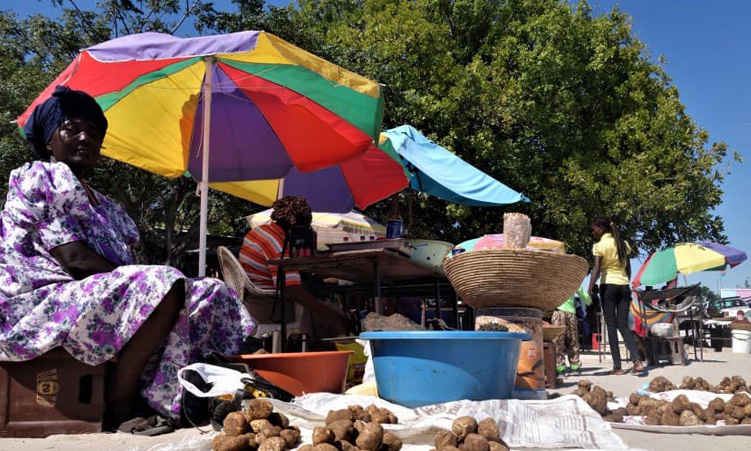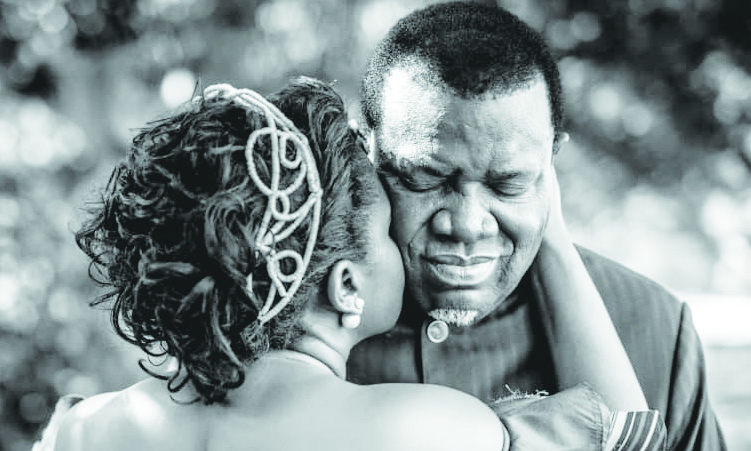A QUARTERLY meeting of the Southern African Customs Union (Sacu) council and commissioners will take place in Namibia next week.
The objective of the meeting is to clarify how the oldest union in existence should manage the impact on the functioning of Sacu, following differing opinions on how best to approach negotiations with the European Union (EU) regarding the signing of the Economic Partnership Agreements (EPAs).
Relations between members deteriorated in June when some Sacu members signed ‘interim Economic Partner Agreements’ (IEPAs) with the EU, while others refused. The Sacu signatories included Botswana, Lesotho and Swaziland, with South Africa and Namibia objecting. The negotiations with the EU were, however, pursued under the aegis larger so-called ‘SADC-EPA’ group, comprising Botswana, Lesotho, Swaziland, Mozambique, Angola and South Africa, with Mozambique having also signed an IEPA.
‘We will need to discuss how to narrow the differences in conditions of market access to Sacu under the Trade Development and Cooperation Agreement (TCDA) and the IEPA (rules of origin and tariffs), to ensure that Sacu’s functioning is not undermined,’ Department of Trade and Industry International Trade and Economic Development Division DDG Xavier Carim explained.
The Council and Commission would also need to consider the impact of the legal obligations of the IEPA on the future integration process in Sacu.
The political divide within the Sacu countries, with regard to the EU, was complicated, and South African Institute of International Affairs trade expert Peter Draper argued that blame could, therefore, not be placed on any one party.
But, given that three of the five Sacu members have signed the IEPA, there is a ‘clear violation of the Sacu agreement’, which now has to be dealt with.
The agreement binds members to negotiate and conclude negotiations as a group, and the breach gives non-signatories to the IEPA, the legal right to restrict imports that are covered by the agreement.
‘Technically, South Africa would be within its rights. I think practically, of course, we do have different arrangements covering trade with the EU, and so that needs to be administered,’ said Draper.
Another local trade law researcher noted that South Africa could refuse to sign the EPA, because the country had its own World Trade Organisation-compatible Trade Development and Cooperation agreement with the EU. ‘South Africa has nothing to lose if we don’t sign, but countries like Namibia would lose out,’ he said.
As things stand, though, although some Sacu countries have signed the IEPA, none have implemented the agreement, which means Sacu remains intact for the moment.
A problem would arise, though, if any of the signatories countries implemented the interim EPA in its current form. This would immediately create a tariff differential facing the EU, and that would mean that a range of products could get into Botswana, Lesotho, and Swaziland (BLS) at lower tariff duties, and with more liberal rules of origin.
This could potentially lead to trade deflection, where products came in through BLS countries, but were actually destined for South Africa. This was why South Africa may need to step up border controls between these countries. Particularly considering the sensitive clothing and textile industries.
Therefore, for Sacu to be sustained, another solution is required and possibly a new deal with the EU would be required.
‘My sense of the negotiations is that, really, the parties aren’t that far apart,’ Draper asserted.
‘The problem you have now, it seems to me, is partly political, and partly packaging,’ he added, arguing that the challenge confronting the EU would be to ‘repackage’ the deal in Sacu in such a way that it did not lead to the opening of EPA negotiating in other regions.
There were EU commissioners negotiating these deals right across the African, Caribbean and Pacific group of States. The Caribbean agreements have been concluded, but the rest of Africa was still negotiating.
‘If they make concessions for South Africa and Sacu, the other regions will say they want the same.
‘So, that is the calculus in Brussels: it makes political sense for the commission to get regions to sign quickly, but at the same time, they don’t want to reveal their hand too much,’ said Draper.
Meanwhile, the South African government was showing a distinct shift in trade policy, towards a more inward looking, even interventionist, mindset. This, Draper asserted, was reflected not only in trade relations with the Western powers such as the EU and the US, but also in trade relations with other emerging powers.
South Africa has long established and ‘robust’ relations with the so-called Western powers, and despite tensions, South Africa would not intentionally undermine these relationships in favour of relationships with emerging economies such as China, Brazil and India.
‘One thinks particularly of China, for example. There has been a lot of concern about de-industrialisation related to imports, and very competitive imports, and clothing and textiles is the obvious example, but one can think of others,’ Draper told Engineering News Online.
That suggested that, despite a desire to diversify economic relations, it was not all going to be plain sailing for South Africa as it pursued a ‘South-South’ agenda.
‘What is happening, is that with those emerging powers, a similarly robust engagement is emerging – at least on the trade front. When it comes to the nitty-gritty of particular products and particular markets, you would find similar kinds of contestation, although the details would differ, because the structure of economic relations would be different. But, I think what is different, is the nature of the political relationships,’ said Draper.
Indeed, Carim reiterated that South Africa’s relations with countries form the North remained vital, and were the main trading partners and sources of investment and technology.
‘Nevertheless, countries of the South are growing in importance as both trade and investment partners and South Africa will need to intensify its engagement with these economies. It is not a question of one group of countries or the other, but how to ensure that we strike a correct balance in our relations with key countries in the South and North,’ added Carim.
On the political front, South Africa shared similar developing country initiatives and solidarity with countries like Brazil, India, and China, that it did not with the EU or US.
‘I think G20 offers more potential than engaging directly with the G8,’ stated Draper.
-Engineering News Online
Stay informed with The Namibian – your source for credible journalism. Get in-depth reporting and opinions for
only N$85 a month. Invest in journalism, invest in democracy –
Subscribe Now!






